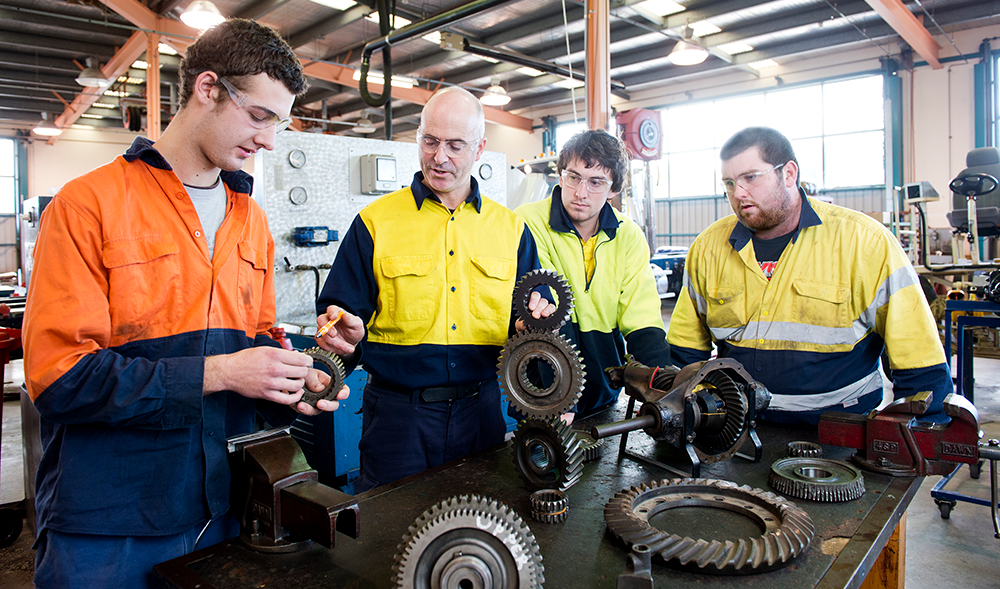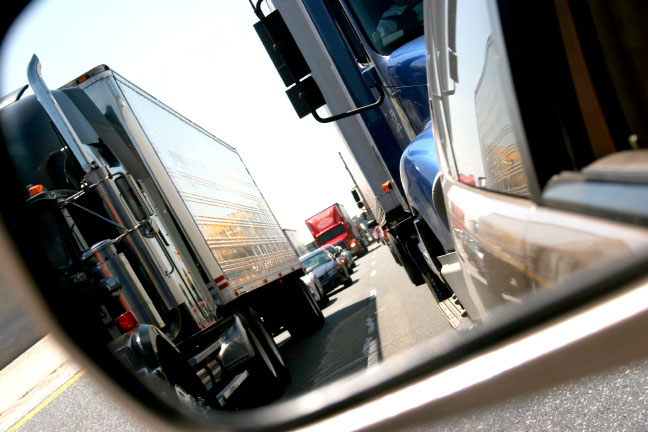Try blended learning to improve safety training
Are your safety meetings effective? The traditional instructor-led approach involves one person...

Great West |
Are your safety meetings effective? The traditional instructor-led approach involves one person...

Great West |
Being safety minded has its benefits for any employer. For motor carriers, however, it is crucial...

Great West |
Fuel is a major expense. Because it is a variable cost, meaning it can fluctuate...

Great West |
Contributed by John Graci, Graci Leadership Solutions, LLC
Being a leader means many things,...

Great West |
Motor carriers are not strangers to the challenges of leading a multi-generational workforce....

Great West |
At the time of this writing, the coronavirus (COVID-19) pandemic is still with us. Stay-at-home...

Great West |
Time management is an essential skill for any professional driver. Managing...

Great West |
It is no secret that the trucking industry as a whole struggles with driver turnover. On...

Great West |
Preventing large truck crashes has been and always will be a topic of discussion motor carriers...

Great West |

Great West |
Interpersonal skills (aka soft skills) are character traits and behaviors we...

Great West |
Many “Share the Road” initiatives speak to the drivers of passenger vehicles and...